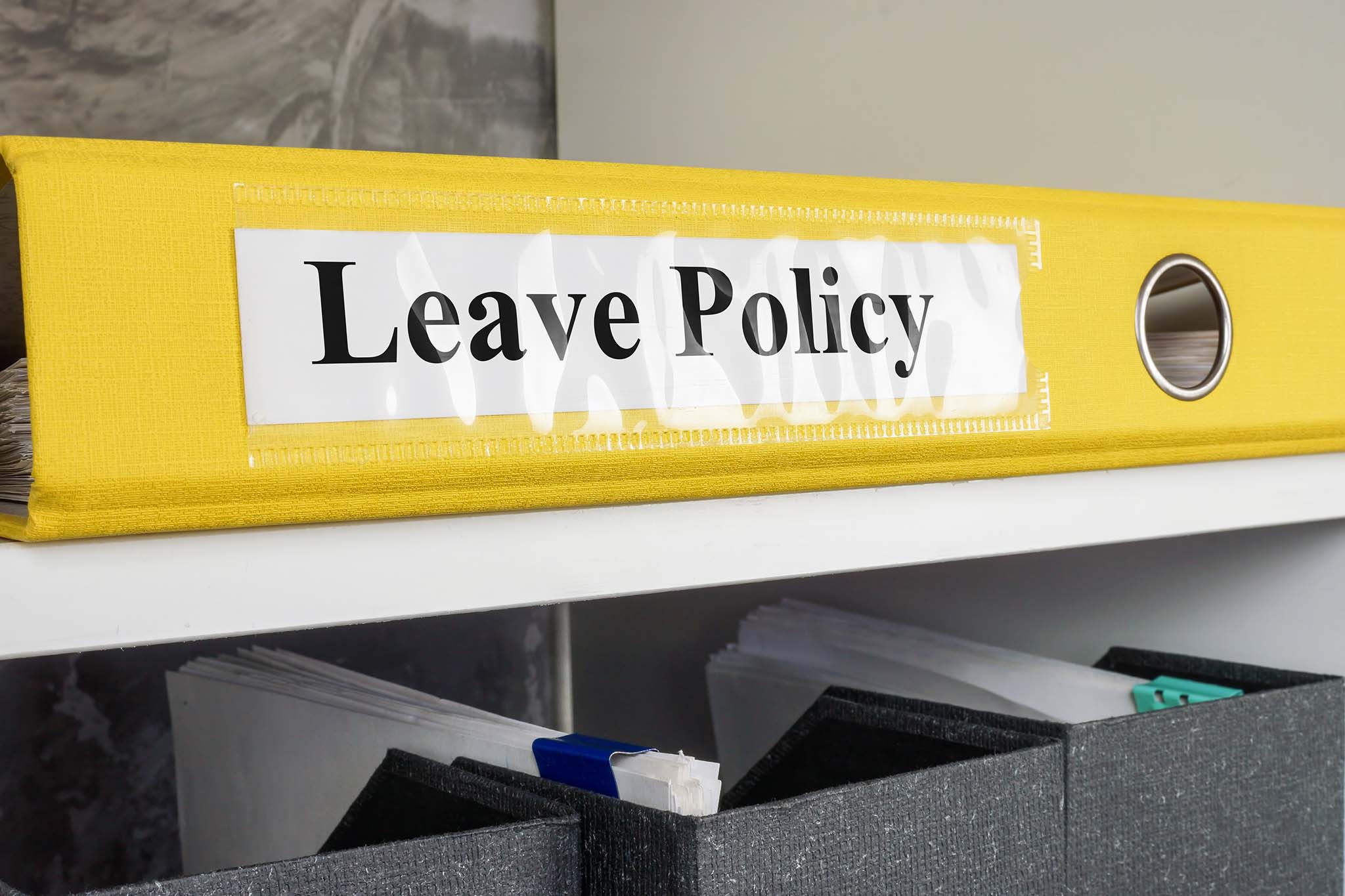Labor/Employment
Oct. 30, 2025
From sick days to safety days: How California's paid leave law keeps growing
California's paid sick leave has evolved from three days for illness in 2015 to five days covering crime victimization, court appearances, domestic violence and bereavement, with more expansions coming in 2026.





In 2014 the California legislature passed the Healthy Workplace, Healthy Families Act (commonly known as the Paid Sick and Safe law), requiring employers to provide California employees with paid sick leave in certain circumstances. The law went into effect on Jan. 1, 2015, and has since expanded to cover more employees, provide more protected time off and provide additional uses for paid sick leave.
The most recent expansion of California's paid sick and safe law includes additional covered uses, most of which have more to do with safety than illness. These changes, made via new amendments passed this year, will go into effect at the beginning of 2026.
For each of the past three years there have been substantial changes to the Paid Sick Leave law. Effective Jan. 1, 2024, the law increased the number of days of protected paid leave time from the greater of three days or 24 hours to the greater of five days or 40 hours. That same year, California's reproductive loss leave law went into effect providing employees with up to five days of unpaid job-protected leave following a reproductive loss event or failed adoption. The law also permits employees to use available sick leave in addition to vacation and personal leave for the days off for reproductive losses and failed adoptions. Similarly, the prior year, the legislature passed California's otherwise unpaid bereavement leave law, but employees are permitted to use paid sick leave for bereavement time as well.
Effective Jan. 1, 2025, a new statute was adopted providing extended time off for employees who are victims or whose family members are the victims of certain qualifying acts of violence. This year's law added a new section of the government code (Section 12948.5) to include time off for employees to care for themselves and their family members and to address various needs associated with being a victim of the crimes identified in the statute. The bill also further amended Labor Code section 246.5 of the paid sick leave statute specifically stating that employees may use paid sick leave for the purposes listed in the new government code section.
These new reasons included the following: (1) to obtain or attempt to obtain any relief such as a temporary restraining order, restraining order, or other injunctive relief; (2) to seek medical attention, obtain services from a domestic violence shelter, program, rape crisis center or similar victim services organization; (3) to seek or to obtain psychological counseling or other mental health services; (4) to participate in safety planning; (5) relocating or engaging in the process of securing a new residence, including temporary or permanent housing and enrolling children in a new school; (6) providing care to a family member, including a designated person, who is recovering from injuries; (7) to seek or to obtain civil or criminal legal services; (8) to prepare for, participate in, or attend any civil, administrative or criminal legal proceeding, or (9) to seek, to obtain, or to provide childcare or care to a care-dependent adult if necessary to ensure the safety of the child or dependent adult. The definition of "qualifying acts of violence includes, but is not limited to, domestic violence, sexual assault and stalking in addition to other statutorily defined acts, conduct or patterns of conduct. The family members for which the leave can be used include a child, spouse, registered domestic partner, parent, grandparent, grandchild, sibling, or designated person.
This year, the legislature made further amendments to expand paid sick and safe time for covered uses effective Jan. 1, 2026. While last year's amendments expanded the "safe" time reasons under both the Government Code and the Paid Sick Leave law, this year's amendments allow employees to use leave if they or a family member is a victim of certain additional crimes. For this specific covered use only, "victim" is defined as a person who sustains physical, emotional injury as a result of a threat of physical injury and/or where the crime was a violation of certain penal code provisions including certain financial harms. As a result, employees against whom a violent felony, serious felony and/or felony theft or embezzlement is committed may use paid sick leave.
Employees may also use paid sick leave when they are the victim of any crime and are appearing in court as a witness to comply with a subpoena or other court order, or when they are serving on an inquest jury or jury trial.
California employers must exercise care when employees request paid sick leave. Although the statute is typically referred to as the "paid sick leave law," it is far broader in its application. Employers may want to consider including all the reasons included in the statute in their policies and make managers and human resource employees who implement the policy aware of all the potential reasons paid sick leave may be used during California leaves not mentioned in the statute.
Submit your own column for publication to Diana Bosetti
For reprint rights or to order a copy of your photo:
Email
Jeremy_Ellis@dailyjournal.com
for prices.
Direct dial: 213-229-5424
Send a letter to the editor:
Email: letters@dailyjournal.com


